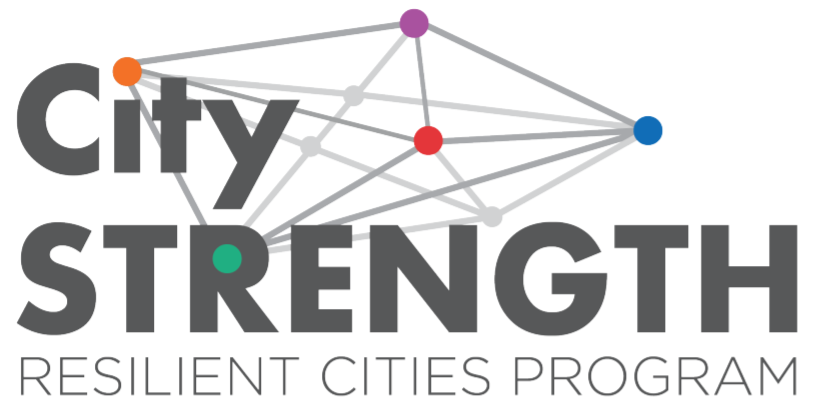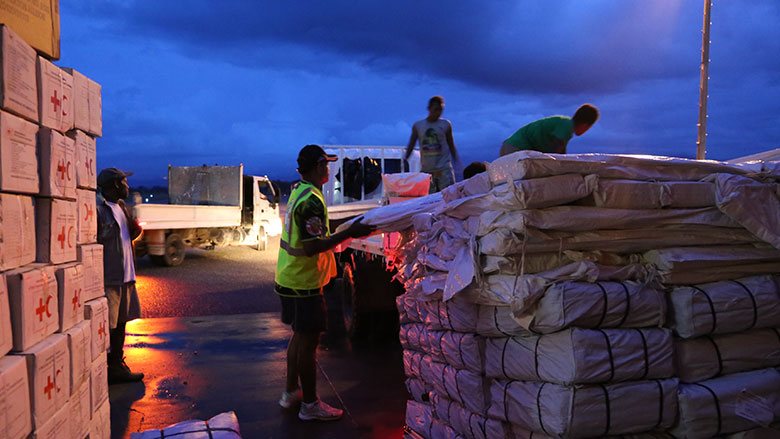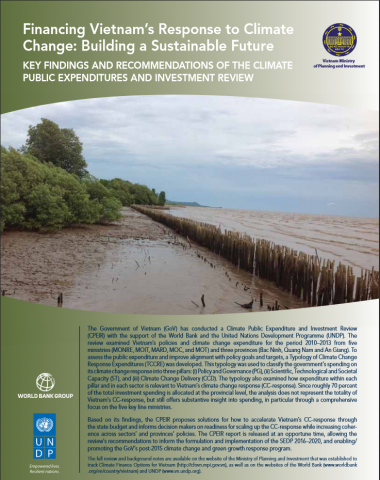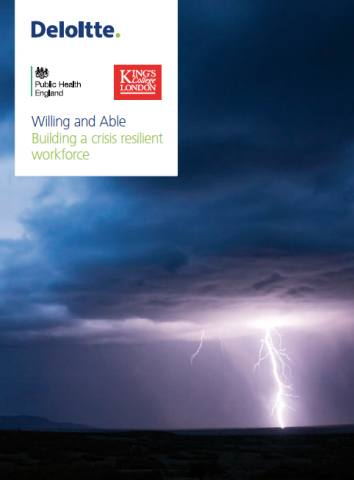Cities of Refuge in the Middle East
Bringing an Urban Lens to the Forced Displacement Challenge This policy note published by the World Bank aims to advance our understanding of urban forced displacement, induced by conflict, by looking at the issue from the perspective of receiving towns and cities. It explores why we need a different approach to addressing urban forced displacement; […]
Cities of Refuge in the Middle East Read More »




